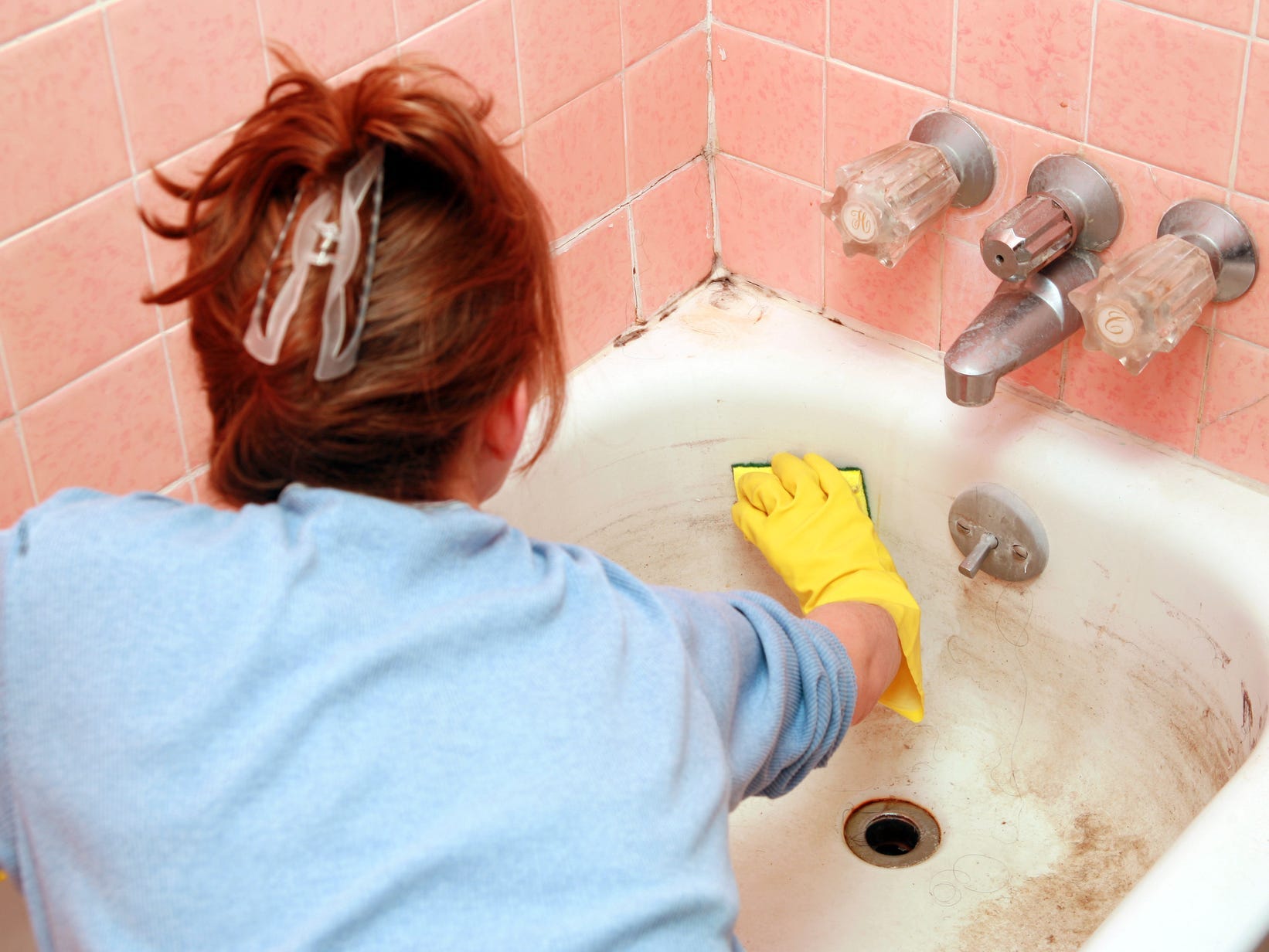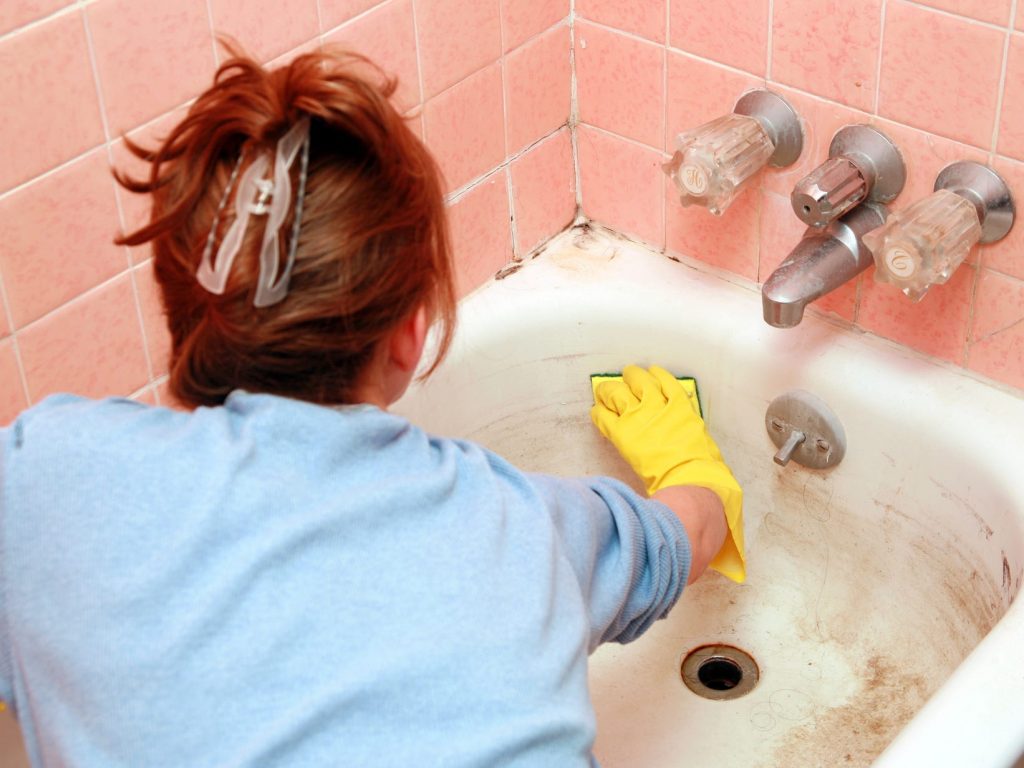
Getty Images
- Cleaning companies told Insider they're turning down business because they can't find enough staff.
- A Florida MaidPro franchisee said two of her long-term employees had left to work at Amazon.
- The cleaning industry has a reputation for low wages and poor benefits.
Residential cleaning companies say they're having to turn down business and reschedule or even cancel regular customers because they can't find enough staff.
"Every morning we have to decide who will be cleaned and who will not be cleaned," Jonathan Bergstein, owner of Maid to Sparkle, said.
Record numbers of Americans have been quitting their jobs in search of better working conditions – and the cleaning industry, known for its low wages and lack of benefits, is no exception.
At Maid to Sparkle, a small residential cleaning service in Richmond, Virginia, the workforce has roughly halved and many applicants aren't turning up to job interviews, Bergstein said.
He said that the company was cleaning a third fewer houses than pre-pandemic, causing its gross profit to drop by between $1,000 and $2,000 each week.
Insider also spoke to Andrea Ponce, Michelle Reed-Spitzer, and Kathryn Boyce, all MaidPro franchisees in Florida, who all said they'd had to cancel and reschedule both new and existing customers. This comes as demand is set to boom during the holiday season.
Ponce said that that more than half of her workers left during the pandemic, and that she'd simply stopped marketing to new clients "because we could not service our current customers, much less new customers. We just didn't have the personnel."
Boyce said that she had used her company's client marketing budget to advertise for more staff instead. Two of her long-term employees had left to work at Amazon, she said.
Boyce added that her company was missing out on between $10,000 and $20,000 in revenue because of its lack of staff.
Reed-Spitzer said her September revenues were down 29% year-over-year. She said she had 51 cleaning staff, down from around 85 pre-pandemic.
The business owners seemed unsure what was causing their labor shortages, but suggested that some workers had left because of childcare or to swap industries.
"I don't know why they're not working," Reed-Spitzer said.
Ponce said that she was now at full staffing levels again, which she attributed to two things - raising starting pay to $14 an hour in May, up from $11 pre-pandemic, and Florida cutting off the $300 weekly supplemental unemployment benefits in June. Raising her prices by between 5% and 10% to fund the higher wages hadn't deterred customers, she said.
But elsewhere in Florida it's a different story. Reed-Spitzer and Boyce said they were still struggling to hire, even after their MaidPro franchises hiked up wages and the state ended extra unemployment benefits.
It was the same for Bergstein in Virginia, too.
"We thought once the federal unemployment benefits expired in September things would lighten up, but that does not seem to be the case," Bergstein said. He added that he hadn't mandated coronavirus vaccines in case it made staff quit.
Bergstein that big wage hikes were trickier for a small company like Maid to Sparkle to afford.
He said that the company was "going above and beyond" what it paid staff in the past, with starting wages reaching $12 an hour and $300 hiring bonuses, but that it couldn't offer benefits like a 401K or paid maternity leave.
"It would eat into our bottom line," Bergstein said. "We're trying everything we possibly can, but there's also a limit as to what a small business can offer ... There's a fine line between getting employees and making enough profit to cover all your expenses."
Got a story about the labor shortage? Email this reporter at [email protected].
